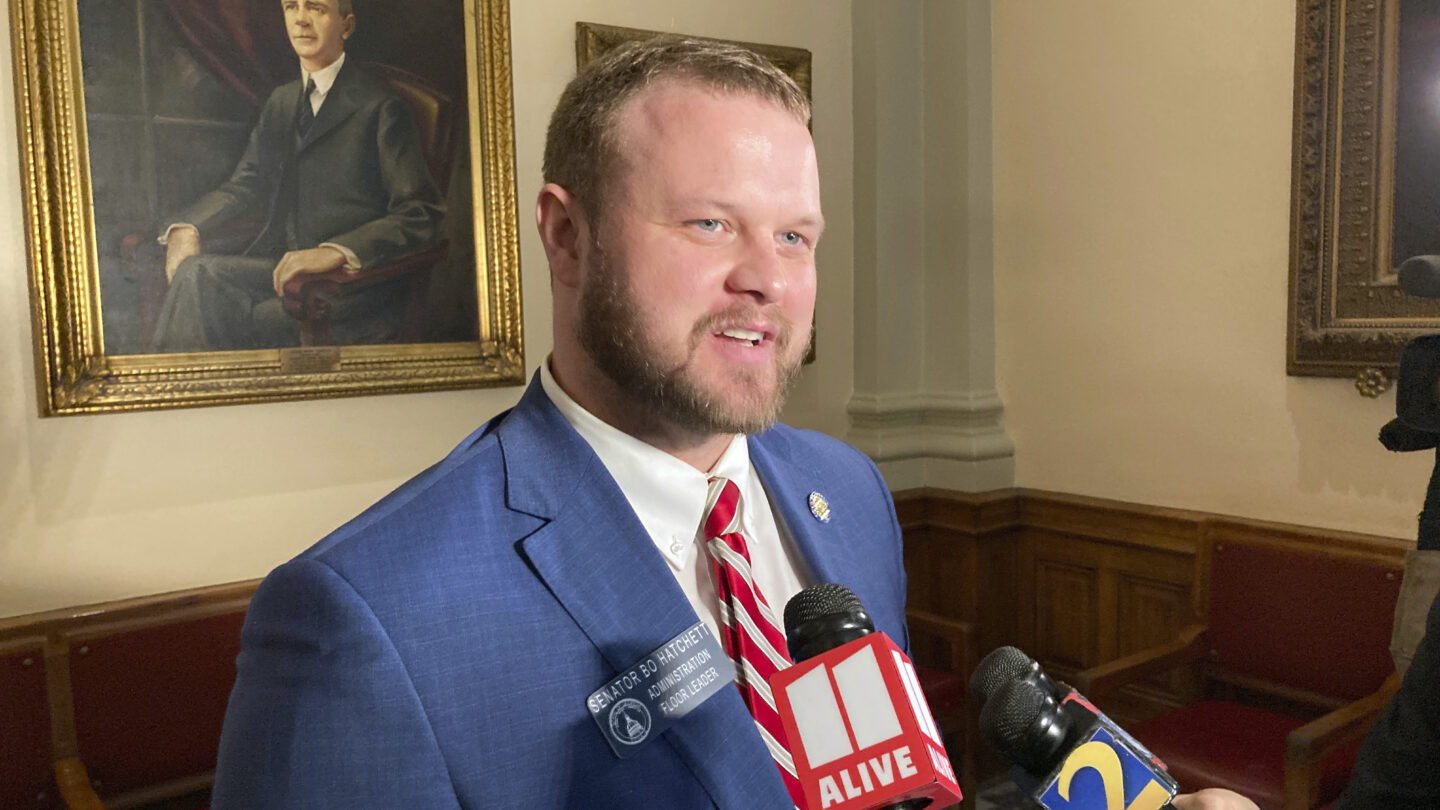Georgia lawmakers approve income tax cuts for people and businesses

Income taxes for Georgia residents and businesses are set to fall after the state Senate gave final passage to a pair of tax cuts Wednesday.
House Bill 1015, which passed 40-12, would accelerate an already-planned income tax cut for individuals. House Bill 1023, which passed 34-17, would decrease the corporate income tax rate to match that of individuals. Both measures head to Republican Gov. Brian Kemp, who is expected to sign them into law.
“We are continuing to conservatively manage our budget and put money back in the hands of Georgians,” said Sen. Bo Hatchett, a Cornelia Republican who is Kemp’s floor leader.
Some Democratic senators, but not all, voted against each bill. But the only person who spoke against the cuts was Sen. Colton Moore, a Trenton Republican, who earlier Wednesday challenged lawmakers to cut personal income tax rates by even more.
“It’ll be a fraud when you go back home and say, ‘I’m only cutting the income tax by a tenth of a point,’” said Moore, who nevertheless voted for the measure.
Kemp and other Republican leaders back the measure to roll back the personal income tax rate to 5.39%, retroactive to Jan. 1. As of that date, Georgia gained a flat income tax rate of 5.49%, passed under a 2022 law that transitioned away from a series of income brackets that topped out at 5.75%.
The income tax rate is supposed to drop 0.1% a year until reaching 4.99% if state revenues hold up. The plan to drop the rate from 5.49% to 5.39%, announced in December, would cost an additional $360 million. That’s on top of the $800 million the state is projected to forgo as part of the earlier cut.
The corporate income tax has stayed at 5.75%, but supporters argue that taxing businesses at a higher rate than individuals is unfair. Under the bill, the corporate income tax rate would keep falling along with the personal income tax rate until it reached 4.99%.
The corporate income tax cut would cost $176 million in its first full year and $210 million by 2029, but that doesn’t account for future reductions.
Senate Finance Committee Chairman Chuck Hufstetler, a Rome Republican, said Georgia’s personal and corporate income tax rates had been the same for decades.
“I think it’s a great measure for Georgia,” Hufstetler said. “We’re continuing to try to reduce our taxes. We’re in a competitive environment with many other states, such as North Carolina, that have received theirs.”
Election-year tax cuts are always popular among Republicans, and all 236 state House and Senate seats are on the ballot this year.
Even though growth in state tax collections is slowing, Georgia can afford tax cuts because the state budgeted to spend much less than what it will collect in taxes and had $10.7 billion in unallocated surplus at the end of the last budget year.








